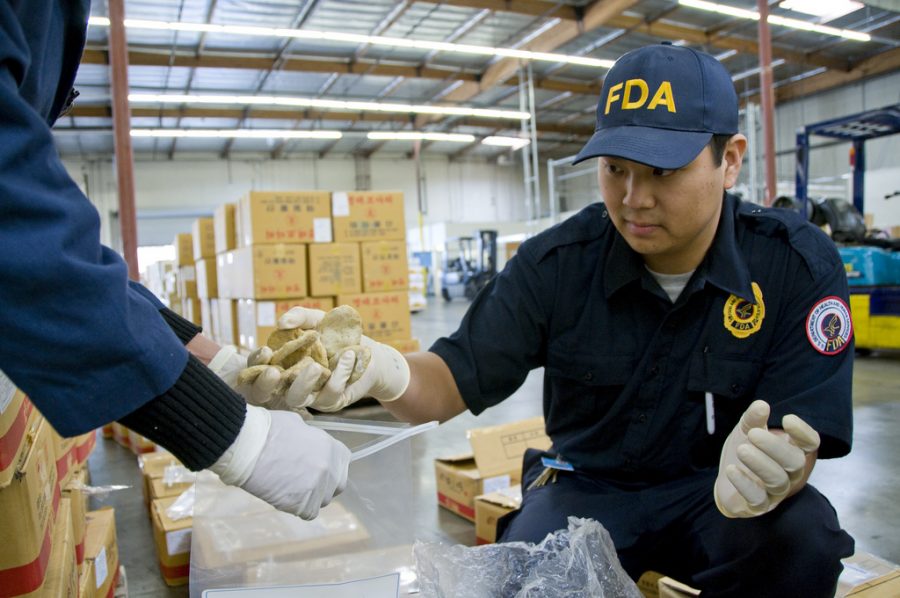What is really in your food?
It’s Debatable
Evaluating our food for possible defects such as rodent droppings and insect fragments, the Food and Drug Administration sets actions levels for specific products to ensure food is not adulterated. Do you know what you are truly eating, and, more importantly, are you okay with it?
March 20, 2019
Generally speaking, when you think of the FDA, you envision a group of the most wholesome individuals with the best intentions for your health regarding food consumption. What you are about to read, however, may change that perception. Are you comfortable with the the FDA allowing gross but non-hazardous components in your food, or are they out of line? I say, it’s debatable.
According to the Food and Drug Administration, a certain amount of rodent droppings or insect fragments are simply unavoidable and pose no threat to our health. These percentages of allowable filth, or defects, are referred to by the FDA as action levels. Surpassing these levels would result in food being deemed adulterated and subject to enforcement action.
At this point you may be asking yourself, is this legal? Why yes, according to the Code of Federal Regulations, Title 21, Part 110, it is perfectly okay for ten percent of your coffee beans to be moldy and insect-infected, or an average of twenty maggots to be present in your canned mushrooms. The action levels were set because it is economically impractical to grow defect-free produce, according to the FDA. They are also sure to assert that these defects pose no health hazards. Tell that to your unsettled stomach, right?
In cases where a product has no defect action level, the FDA’s technical and regulatory experts in filth and extraneous materials make judgements case-by-case. They use a range of criteria such as reported findings (e.g. lengths of hairs, sizes of insect fragments, distribution of filth in the sample, and combinations of filth types found), scientific information regarding ecology, and knowledge of the way a product is grown, harvested, and processed.
To answer your question, no, pesticides are not the solution. While chemicals can be effective with keeping destructive plant pests away, it is no match for the natural defects in foods. Senior Max Johnson shares a common position among many: “My initial reaction was to vomit, but then I came to the realization that I have been eating these foods all my life and have yet to see what has been claimed, nor have I become ill. In conclusion, I trust the FDA.” Do you?












